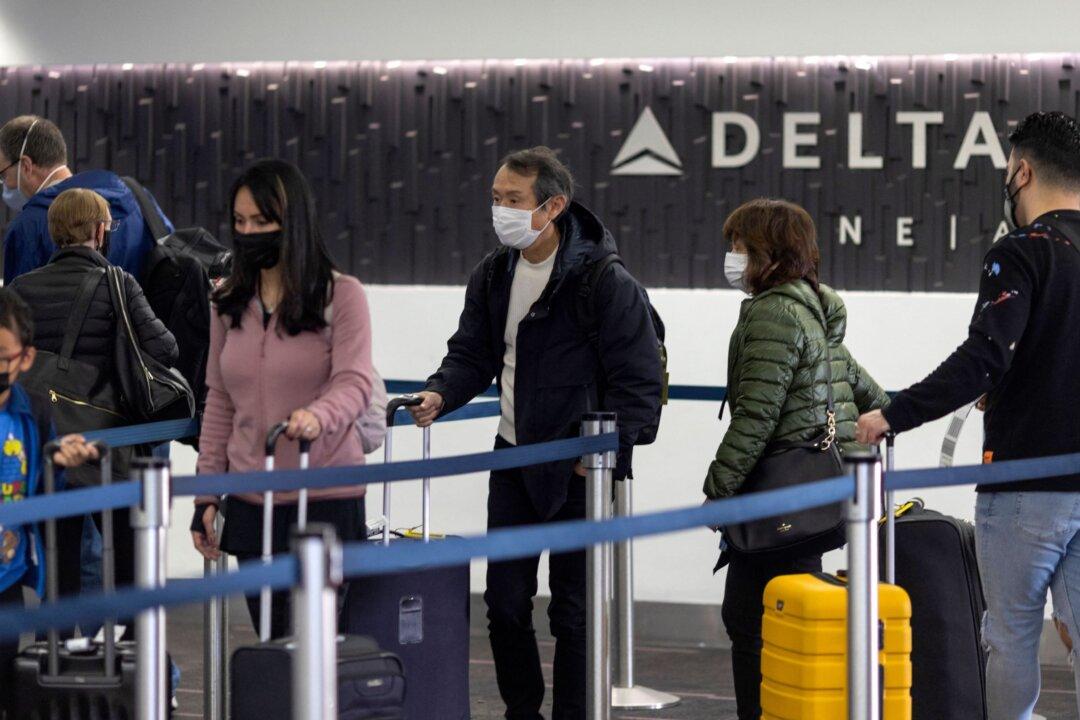Delta Airlines CEO Ed Bastian has warned that airfares for domestic flights in the United States could increase by 5 percent to 10 percent amid a spike in oil prices.
Oil prices—already soaring in the United States—have been further exacerbated following Russia’s invasion of Ukraine and are now at 14-year highs.




